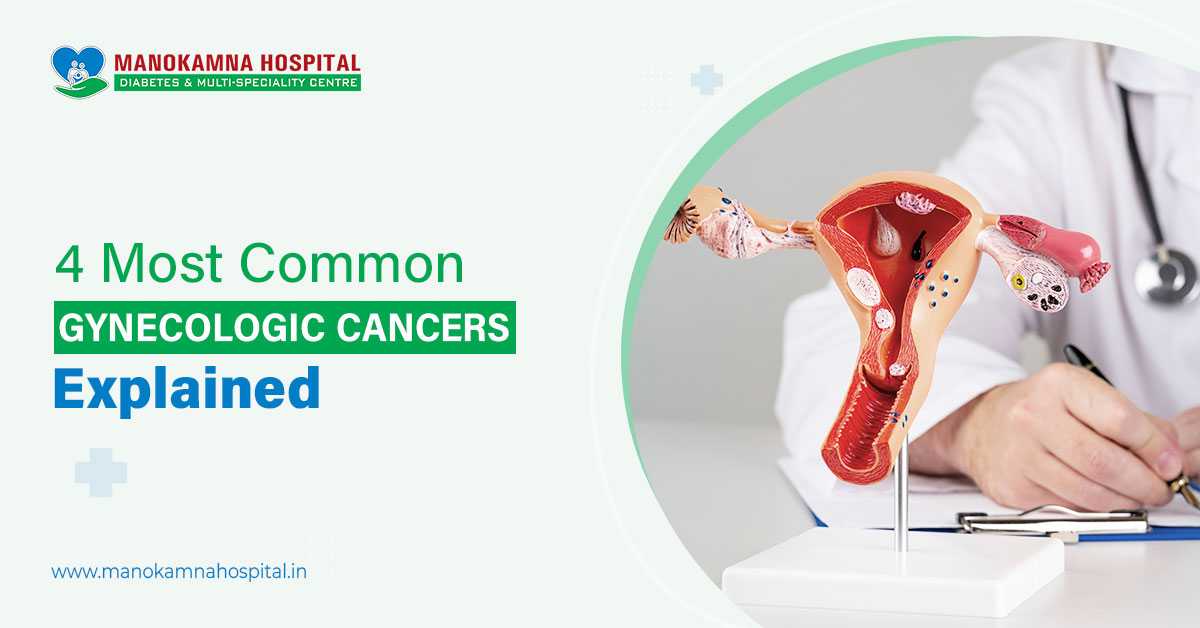Heart failure is a medical condition in which the heart muscle fails to pump enough blood as it should. Also known as congestive heart failure, it’s a long-standing problem. If it remains poorly treated, it may develop the risk of the lungs getting fluid accumulation or other organ damage.
With lifestyle changes and medications, you can improve your cardiovascular health. Based on how advanced the issue has become, doctors suggest further treatments like surgical procedures. Get in touch with the best cardiologist inSiliguri city.
What are the symptoms of heart failure?
Possible signs of heart failure include:
- Shortness of breath during workouts or while lying down
- Reduced ability to exercise
- Abdominal swelling
- Fast weight gain
- Swollen ankles, legs, feet
- Lack of appetite
- Feeling nauseatic
- Irregular heartbeat
- Cough that persists
- Ongoing wheezing
- Problem concentrating
Do not delay seeing a doctor upon noticing severe weakness, fainting, chest discomfort, shortness of breath, rapid or irregular heartbeat, excessive coughing with foamy, white/pin/yellow colour mucus coming out.
Coronary artery disease refers to the narrowing of arteries that supply heart muscles with an adequate amount of blood. Plaque or cholesterol accumulation in the heart arteries can lead to heart attack or heart failure if it remains untreated. Signs or symptoms of CAD involve shortness of breath, chest pressure, chest tightness, unexplained fatigue, etc.
What are the complications of heart failure?
Given below are some complications of poorly treated heart failure:
- Heart valve disease is when one or more valves in the heart keep from effective functioning. The four valves in your heart prevent the backward flow of blood, therefore, preventing the risk of heart failure, heart rhythmic problems, blood clots, or stroke. Problems with heart valves result in signs like chest pain, dizziness, abdominal swelling, heart murmur, fainting, irregular heartbeat, fatigue, shortness of breath.
- Kidney damage can result from heart failure. When one or both kidneys do not work aptly, it increases the chance of kidney damage or failure. Unexplained tiredness, nausea, vomiting, high blood pressure, dry skin, itchy skin, muscle cramps, edema, frequent urination, confusion, changes in tastes, and poor appetite may indicate kidney problems or damage. Make sure to consult a doctor immediately.
- Liver damage is another complication of heart failure. The liver accounts for digesting food and expelling toxic substances from your body. Fluid buildup due to heart failure may cause excess pressure on the liver, increasing the risk of liver damage/scarring over time. Here signs may include swollen ankles, and legs, dark-coloured urine, jaundice, stools that appear pale, ongoing fatigue, loss of appetite, nausea, vomiting, abdominal pain, abdominal swelling, etc.
In order to prevent heart failure, refrain from smoking, limit alcohol consumption, eat wholesome foods, practise physical activity, manage body weight, work on stress management, and control pre-existing health conditions like high blood pressure, diabetes, coronary artery disease, high cholesterol/triglyceride.




